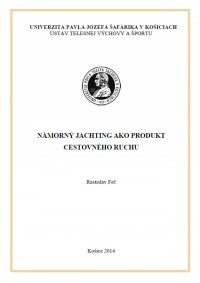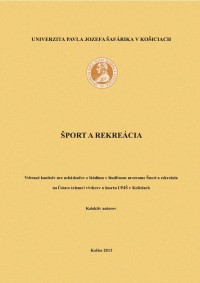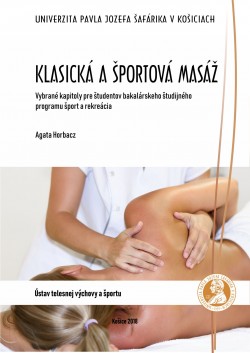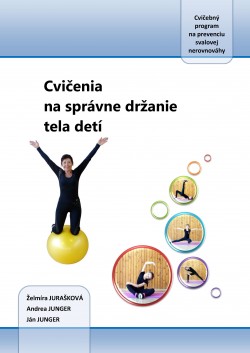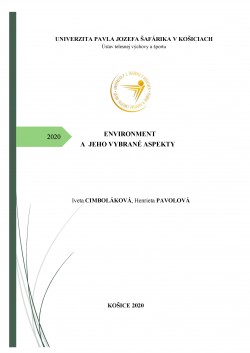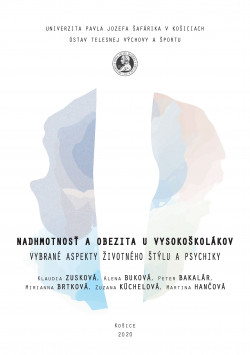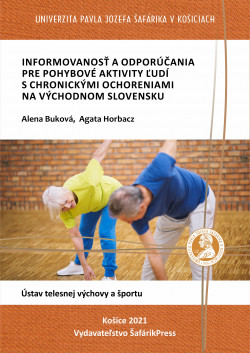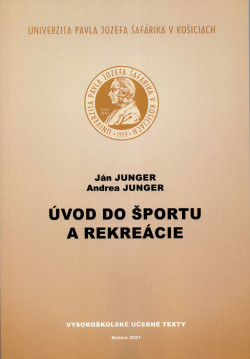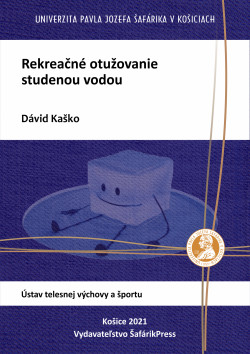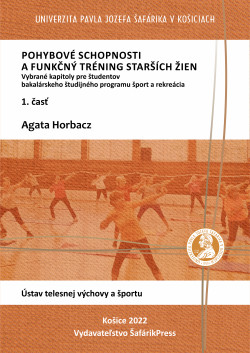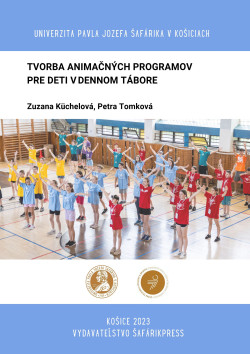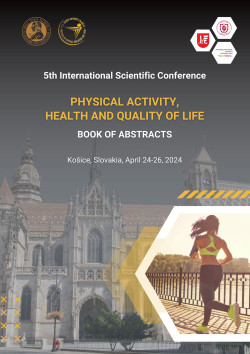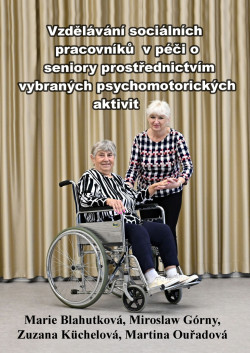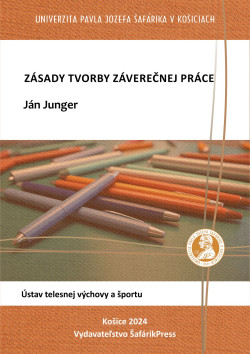No products
Product successfully added to your shopping cart
There are 0 items in your cart. There is 1 item in your cart.
Lifestyle and health of female university students in relation to their sporting activity

Online only
978-80-8152-684-8
E - book for free download
Kľúčové slová:
Data sheet
| Author: | Alena Buková |
| Science editor: | Ján Junger |
| Year of publication: | 2018 |
| Available from: | 23.11.2018 |
| Edition: | 1st edition |
| Document type: | Monograph |
| Publication language: | Slovak |
| Number of pages: | 158 |
| Institute: | Ústav telesnej výchovy a športu |
More info
The aim of work is to broaden knowledge about selected lifestyle factors and subjective health problems of first-year university students at the two largest universities of Eastern Slovakia in the reflection of their sporting activity. We have analyzed questions about their eating habits, the quantity and quality of sleep, selected risk factors of behaviour - alcohol and smoking, and subjectively reported health. The weekly frequency of their sporting activity was considered to be indicative in order to emphasize the importance and necessity of regular physical activity in relation to selected factors of their lifestyle and health. The set of cross-sectional research consisted of 1055 first-year female university students. The research was part of grant project VEGA 1/1343/12 "Selected Risk Factors of Obesity and Physical Prevention". Collection of empirical data was facilitated by the means of a questionnaire compiled for the needs of the above VEGA grant project. For the needs of our study, we used a battery of questions about sporting activity, health condition and selected lifestyle aspects of the respondents. The results assess relationship between the examined lifestyle variables and sporting activity. Positive relation with sport activity was confirmed in the daily frequency of meals, the distribution of total food intake throughout the day and the presence of breakfast in daily regime. Negative relation has been proved between higher frequencies of sporting activity and fatigue after morning wake-up.
Although not all variables indicated relevant correlation with sporting activity, it is desirable to continue monitoring and analyzing various lifestyle factors of university students, especially in their first year of study. University attendance represents the final stage of formal education that allows for shaping healthy life habits. Potential intervention during the study involves, among others, influencing the health of undergraduates, their healthier lifestyle and prevention of many health problems at a later stage of life.








